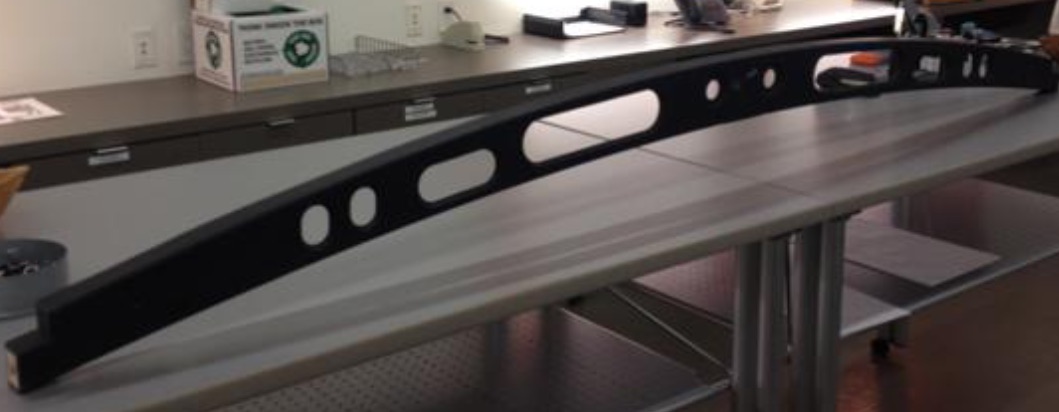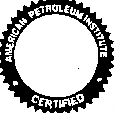Indianapolis; IN – Patent attorneys for Tower Reinforcement of Newburgh, Indiana filed a patent infringement suit in the Southern District of Indiana alleging Crown Castle International and Crown Castle Operating of Houston, Texas, and Aero Solutions, LLC of Boulder, Colorado infringed patent no.7,849,659, TOWER REINFORCEMENT APPARATUS AND METHOD, which has been issued by the US Patent Office.
Both the Crown Defendants and Aero Solutions are incorporated outside of Indiana, but the complaint alleges they maintain substantial contacts with Indiana by regularly conducting business in the state. Tower alleges patent infringement of three of their patents–“the ‘659 patent,” “the ‘972 patent,” and “the ‘712 patent”–to which Tower owns all the rights and interest. According to Tower’s complaint, the Defendants had actual notice of the Tower patents and still infringed on the patents through their making, using, selling and the offer of sale of products utilizing Tower’s patented technology. Tower asserts that the Defendants also encourage the design and construction of the protected patents, their actions being willful and deliberate. The complaint does not give many details about specific acts of infringement. Tower alleges they have, and will continue to, suffer substantial and irreparable financial loss and is therefore seeking to permanently enjoin the Defendants from their infringing activities of their ‘659, ‘972, and ‘712 patents.
Practice Tip: The US Patent laws applicable to this suit are 35 U.S.C. §§ 1, et seq. Specifically, 28 U.S.C. §§ 1338(a) gives district courts jurisdiction in any civil action relating to patents.







